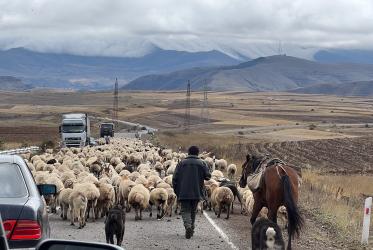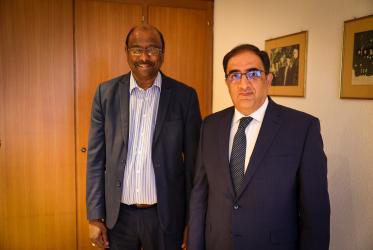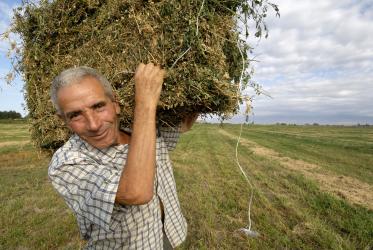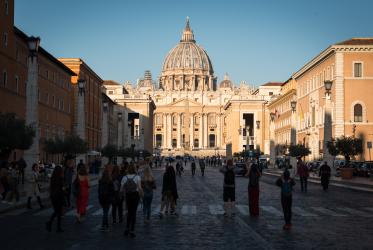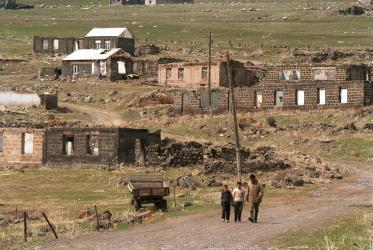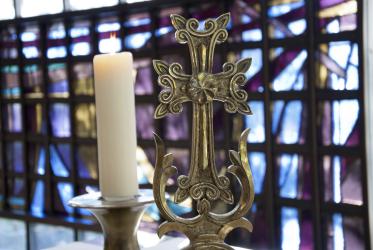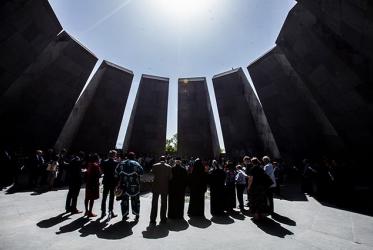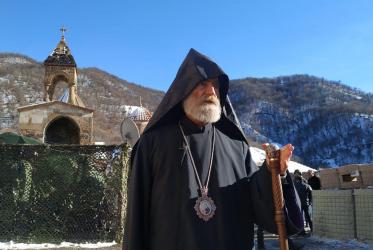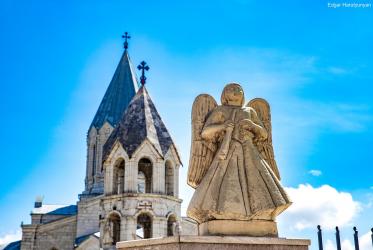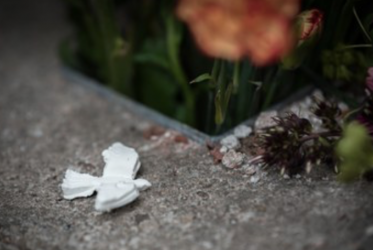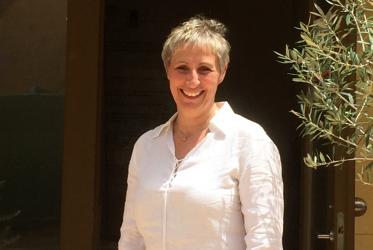Displaying 1 - 20 of 27
25 September 2023
WCC prayer commemorates Genocide Remembrance Day
24 April 2023
Pope Francis expresses “fraternal closeness” with Waldensian Methodist
09 September 2019
‘European humanitarian corridor’ proposed
02 May 2019
Mediterranean Hope: “On land, at sea and In the skies…”
20 December 2018
Creating a better future for Syrian-Armenian youth
29 March 2018
